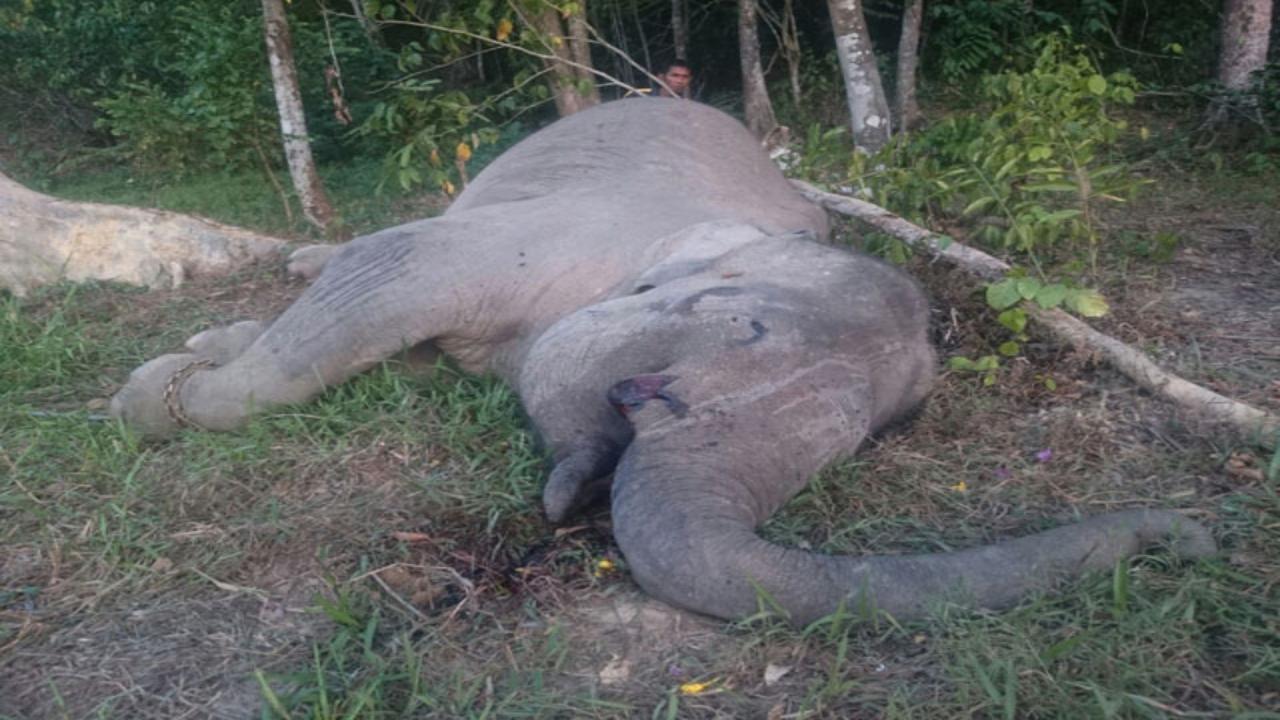Zimbabwe's largest national park, Hwange National Park, has witnessed the tragic death of at least 100 elephants in recent weeks, a grim consequence of drought exacerbated by climate change and the El Nino weather phenomenon

File photo for representation. Pic/AFP
Zimbabwe's largest national park, Hwange National Park, has witnessed the tragic death of at least 100 elephants in recent weeks, a grim consequence of drought exacerbated by climate change and the El Nino weather phenomenon.
ADVERTISEMENT
Wildlife authorities and conservation groups attribute the alarming situation to the impact of climate change, leading to extended dry spells and rising temperatures in southern Africa. The International Fund for Animal Welfare has labeled it a crisis for elephants and other wildlife.
"The most affected elephants are the young, elderly, and sick that can't travel long distances to find water," warned Tinashe Farawo, spokesman for the Zimbabwe National Parks and Wildlife Management Authority. An average-sized elephant requires a daily water intake of about 200 litres (52 gallons).
El Nino, a natural weather phenomenon, has disrupted weather patterns globally, causing below-average rainfall across southern Africa. This delay in the rainy season, combined with the prolonged dry spell, has intensified the struggle for survival among wildlife in Hwange National Park.
Conservationists fear a repeat of the devastating events in 2019 when more than 200 elephants in Hwange succumbed to a severe drought. Studies suggest that climate change may be strengthening El Ninos, leading to more extreme consequences.
Phillip Kuvawoga, a landscape program director at the International Fund for Animal Welfare, emphasized the recurring nature of this phenomenon. "Our region will have significantly less rainfall, so the dry spell could return soon because of El Nino," stated Trevor Lane, director of The Bhejane Trust, a conservation group aiding Zimbabwe's parks agency.
Also read: Climate change set to increase wildfire risk, lengthen fire seasons: Study
Efforts to mitigate the impact include pumping 1.5 million litres of water daily into Hwange's waterholes through over 50 boreholes managed by conservation groups in partnership with the parks agency. Hwange, home to around 45,000 elephants, faces increasing challenges as climate change disrupts the once-reliable rainy season, impacting not only the elephants but also the broader ecosystem.
Conservationists stress the vital role elephants play in fighting climate change by dispersing seeds through their dung, facilitating the regeneration and growth of forests. The loss of these elephants not only affects wildlife but also jeopardizes efforts to combat climate change. (With inputs from newswire Associated Press)
 Subscribe today by clicking the link and stay updated with the latest news!" Click here!
Subscribe today by clicking the link and stay updated with the latest news!" Click here!







